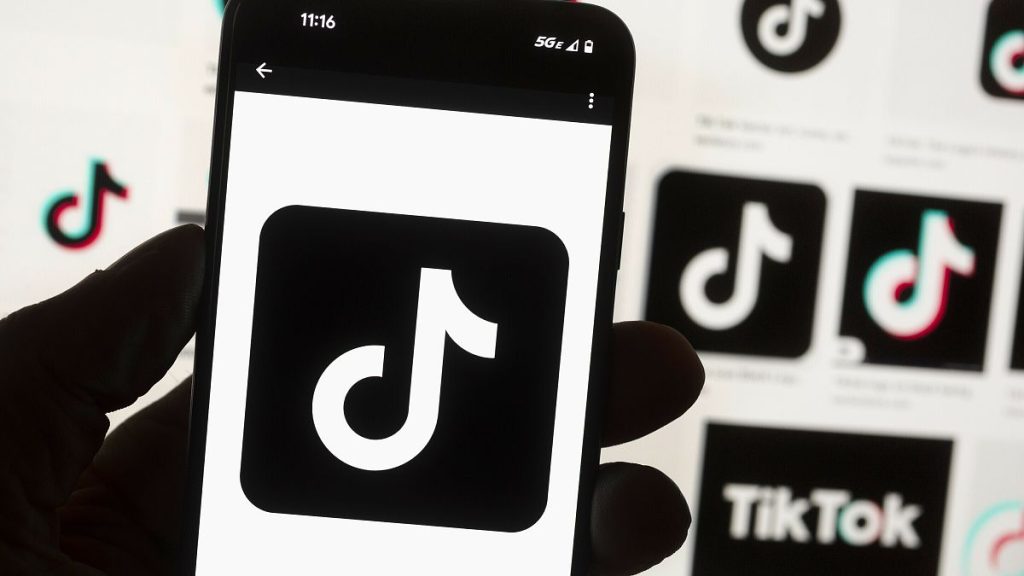The impending fate of TikTok in the United States hangs in the balance as legal battles rage on, with national security concerns pitted against First Amendment rights. The Biden administration, echoing sentiments from previous administrations, asserts that TikTok, owned by Chinese company ByteDance, presents a significant national security risk due to its potential accessibility to the Chinese government. They argue that Beijing could compel ByteDance to share user data or manipulate content, thus posing a threat to American interests. This concern, while lacking concrete evidence of past interference, hinges on the potential for future manipulation and data exploitation. The administration emphasizes the integrated nature of TikTok and ByteDance, with the platform relying on proprietary technology developed and maintained in China, further bolstering their national security argument.
TikTok, however, vehemently denies these allegations, arguing that the government’s fears are based on hypothetical scenarios and not on any demonstrable instances of Chinese interference. They contend that the law threatening a ban, signed by President Biden in April 2025 and subsequently upheld by a federal appeals court, infringes upon First Amendment rights, unlawfully restricting free speech. TikTok’s legal team further argues that the appeals court erred in its decision, basing its judgment on speculative risks rather than concrete evidence. They underscore the government’s admission of lacking evidence of past Chinese interference, emphasizing that the threat is purely hypothetical.
Adding another layer of complexity to the situation, former President Trump, despite his previous attempts to ban TikTok during his first term, has now filed an amicus brief requesting the Supreme Court to pause the potential ban until his administration can pursue a “political resolution.” This unexpected intervention reflects a shift in Trump’s stance, as he subsequently embraced TikTok during his 2024 campaign, leveraging its reach to connect with younger voters. While acknowledging lingering national security concerns, he has publicly expressed opposition to a ban.
The Supreme Court is scheduled to hear oral arguments on January 10th, focusing on the constitutionality of the law mandating TikTok’s divestiture from ByteDance or face a ban. The core issue revolves around whether the law’s national security justifications outweigh the potential infringement on First Amendment rights. The court’s decision will have significant ramifications, shaping the future of TikTok’s operations in the US and potentially influencing the regulation of other foreign-owned tech companies.
This legal battle unfolds against a backdrop of escalating tensions between the US and China, with technology and data security emerging as key battlegrounds. The case highlights the complex interplay between national security concerns, freedom of speech, and the increasing influence of technology in geopolitics. The Supreme Court’s ruling will not only decide the fate of a popular social media platform but also set a precedent for future government regulation of foreign-owned technology companies operating within US borders.
The TikTok case underscores the growing challenges posed by the globalized digital landscape. Governments grapple with balancing national security imperatives with the protection of individual liberties in an era where data flows seamlessly across borders. The outcome of this legal battle will have far-reaching implications, shaping the regulatory landscape for technology companies and potentially influencing international relations. The Supreme Court’s decision is eagerly anticipated, as it will provide crucial guidance on the delicate balance between national security and free speech in the digital age.














